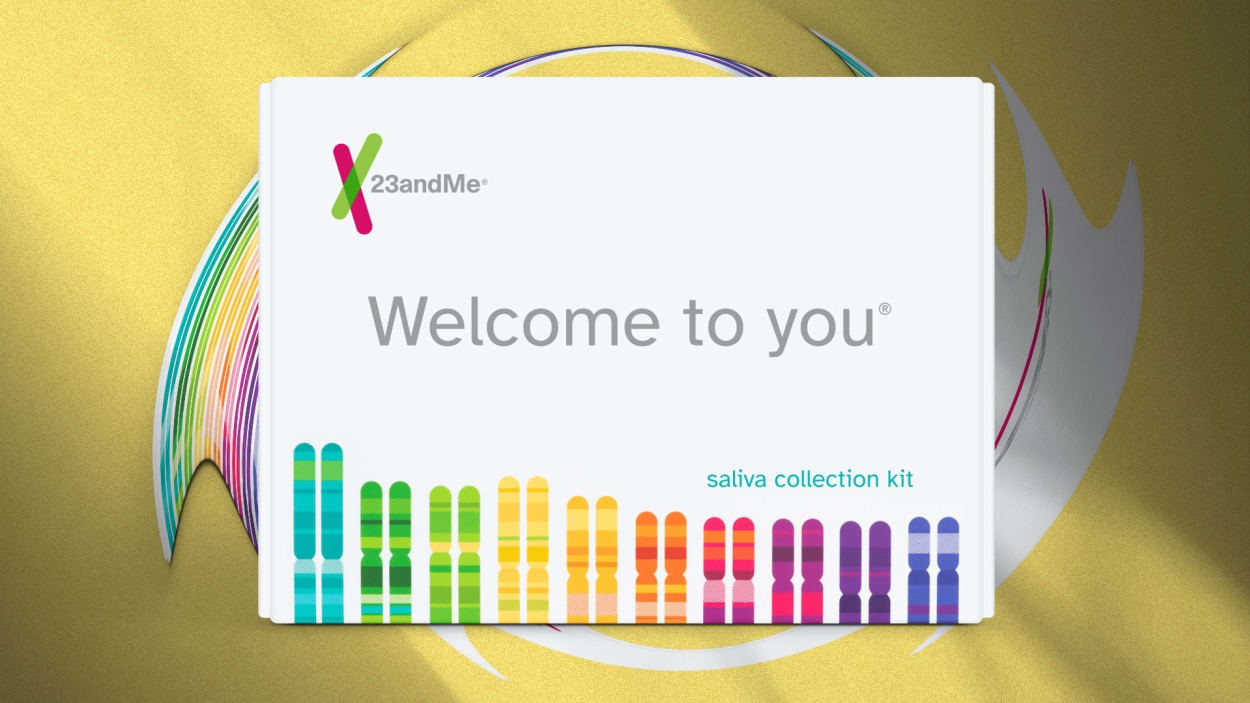23andMe at risk of being delisted from the Nasdaq as lawsuits mount
By Chris Morris
Once considered the hottest startup in Silicon Valley, 23andMe’s fall from grace has been swift and brutal. The genetic testing company, which was valued at $6 billion just a few years ago, is now facing both a possible delisting from Nasdaq and dozens class-action lawsuits.
It’s all part of the continuing fallout of the hacking of the company last year. The company has since admitted it failed to detect the data breach for more than five months, giving the bad actors the chance to steal the ancestry data of some 6.9 million of its 14 million users. (Genetic data was not among the information stolen, though the company said the hackers did gain access to users’ display names and information from its DNA relatives feature that in some cases included ancestry, birth years, locations, photos, and links between relatives.) The hack targeted users of Ashkenazi Jewish and Chinese heritage, in particular.
That has given rise to the legal threat the company is currently facing. 23andMe attorneys were scheduled to meet Wednesday with roughly 20 lawyers who have filed class actions against the company, in hopes of working out a global settlement.
There are currently three dozen class-action suits tied to last year’s hack—and 23andMe has asked a judge to consolidate those into a single trial. A ruling on that isn’t expected until March, but one of the plaintiff’s attorneys from that collection is asking to be appointed lead litigator now (before the cases are consolidated, if they eventually are at all), in hopes of heading off a preemptive settlement.
“This is not a case that should ever be settled in a race to the bottom,” attorney Jay Edelson told Reuters. “Class-action lawsuits are meant to be vehicles of accountability, not to act as lifeboats for companies to escape the consequences of their misconduct.”
The 2023 hacking incident raised several concerns about the company. For example, one online post that offered data for sale bragged of having a huge database of Ashkenazi Jews, including people whose ties with that ancestry are less than 1%. Given the growing antisemitic rhetoric online and the very real physical threats both at home and abroad, that posting has raised concerns among 23andMe members about their own safety.
23andMe isn’t out of money yet, but the funds are running low. The stock, which at one point was as high as $16 per share, now trades around 76 cents per share. As a result, Nasdaq, in November, issued a notice of delisting to the company, giving it 180 days to get shares back above $1.
And while 23andMe raised roughly $1.4 billion in venture funding before the hacking incident, The Wall Street Journal reports that the company has spent roughly 80% of that—and a high-dollar settlement to those class-action suits could substantially drain the remaining amounts. The Journal says the company is burning cash at a rate so quickly, it could be out by next year.
23andMe CEO Anne Wojcicki, despite overseeing three rounds of layoffs last year, is still looking forward—attempting to transform the company from just a supplier of ancestral data into a healthcare company that develops drugs and sells subscription health reports. “It’s definitely been harder than we expected,” she told The Journal, “but I don’t think that we’ve executed yet on what the vision actually is.”
There is some potentially promising news on that front. Two of its drug candidates for potential cancer treatments have made it to early-stage human trials. However, it will be months before results of those trials are available.
The pharmaceutical business is an expensive one, though, and—for now, as its cash runs low—23andMe hasn’t found investors willing to further fund the company.
(23)



